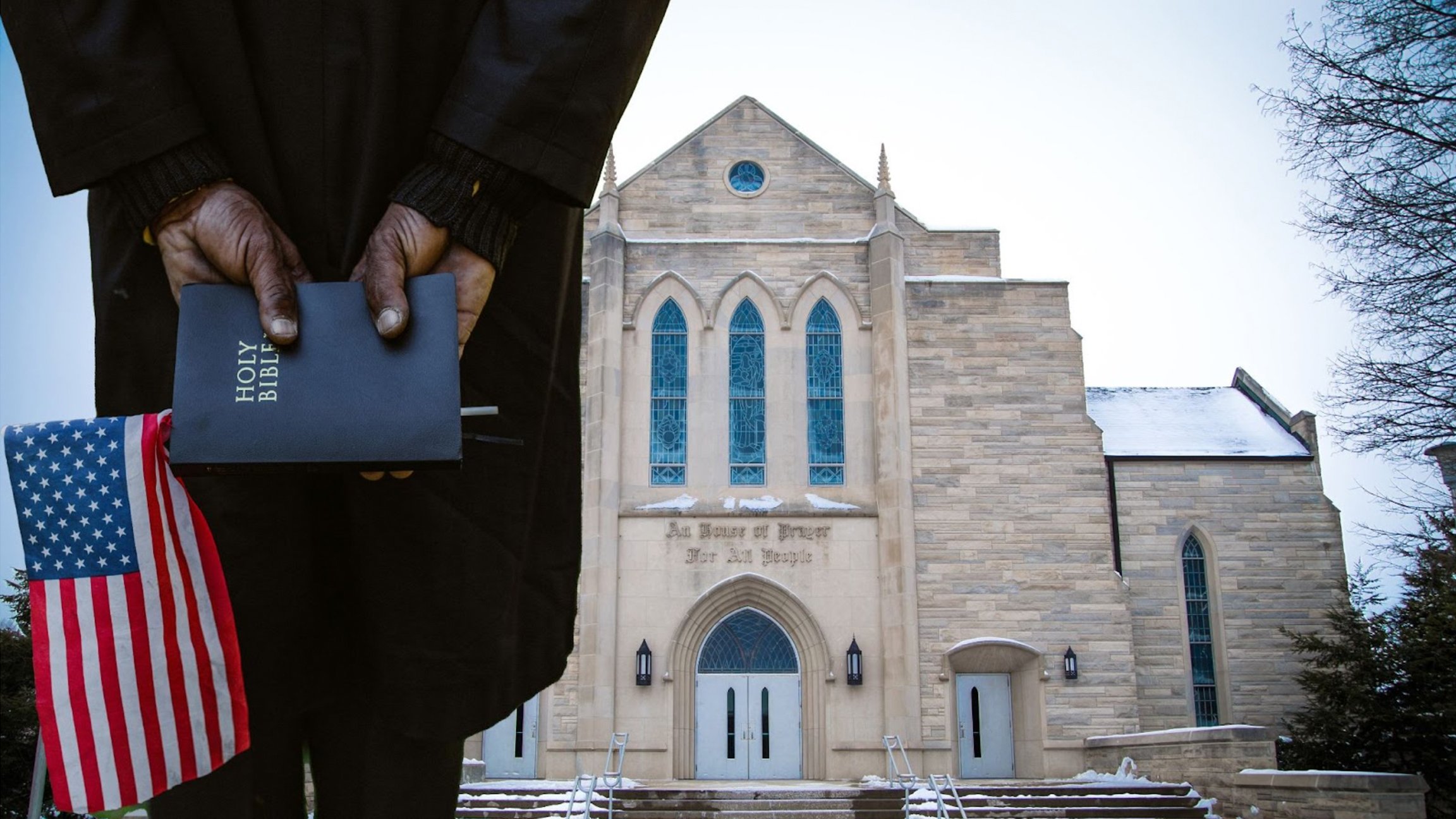Religious Liberty at a Crossroads: Adventist Leaders Speak Out on White House Transition

As the political landscape continues to shift, Adventists are taking a thoughtful and nuanced approach to complex issues of faith, politics, and religious liberty. Just two days before Inauguration Day, leaders at Pioneer Memorial Church delved into critical conversations during their annual Religious Liberty Sabbath, offering profound insights into some of the most pressing challenges facing Christians today.
Bill Knott and other prominent Adventist voices addressed several controversial topics that are currently sparking national debate. Their discussions centered on critical issues such as Christian nationalism, executive orders, religious education, and the potential implications of Project 2025.
The panel explored the delicate balance between faith and civic engagement, challenging listeners to think critically about the intersection of religious beliefs and political involvement. They emphasized the Adventist Church's long-standing commitment to religious freedom and the importance of maintaining a clear separation between church and state.
Participants were encouraged to approach complex political and social issues with compassion, understanding, and a commitment to core Christian principles. The conversation highlighted the need for thoughtful dialogue in an increasingly polarized social landscape, offering a nuanced perspective that goes beyond simple partisan rhetoric.
By addressing these sensitive topics with wisdom and grace, the Adventist leaders demonstrated a commitment to fostering meaningful dialogue and promoting a balanced approach to faith and civic responsibility.

